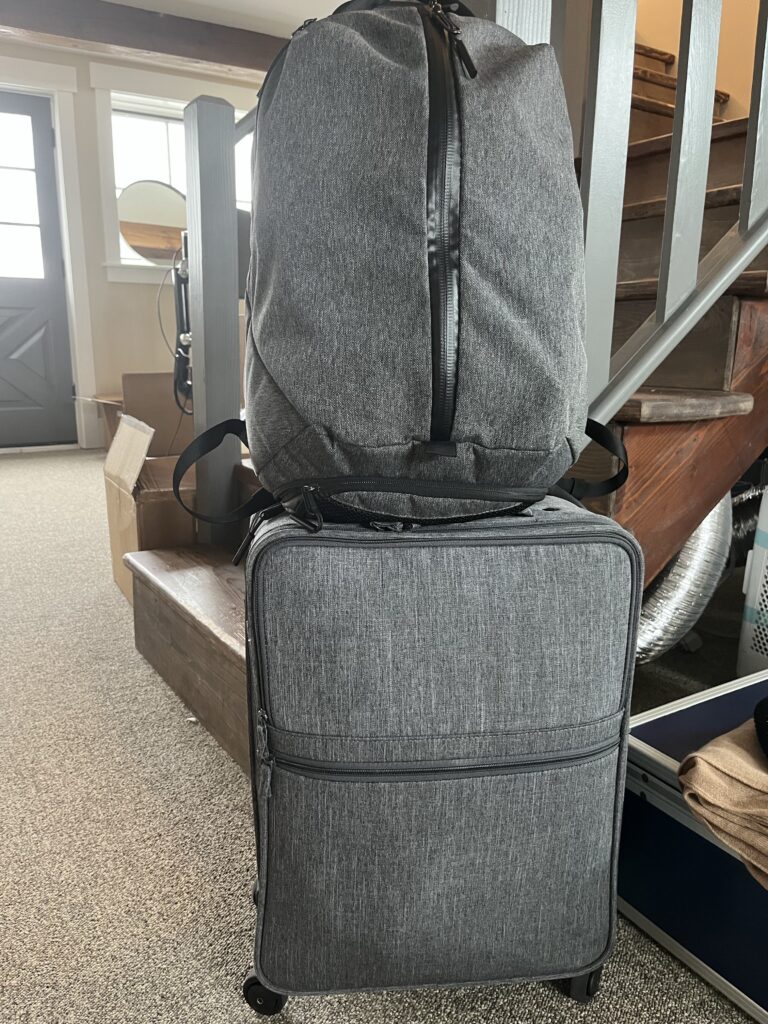I fancy myself as someone who enjoys playing games. I mostly play the great game but I enjoy a good stupid grinder. Pokémon Go, Duolingo, and Fitocracy all appeal to my sense of hard work mattering.
But, of course, games have exploits. Some of them are significant. Sometimes leveling up is just a matter of getting lucky. A side quest dropped you an s tier item and the game engine smiled on you. Yay!
Silicon Valley mistakes luck for skill pretty regularly. And we don’t take it that well when other people use the same exploits as us because damn it that’s just not fair!
So rules tend to get rewritten and the hacks get patched and the economy in grinder games reliably defaults back to rewarding repetitive work. It’s not that different from the real economy. Gamers want to know clever game play works but not as much as they want to keep the value of what they have earned. It’s a real tension those sunk costs! Even if starting over benefits you the tendency to cling is understandable.
You’ve got to know when to spot when an activity is worth more than the general perception. You used to have to do this sort of work on your own but thanks to the internet we’ve got cheat codes literally everywhere for everything.
Don’t confuse the fact that cheat codes work for the fact that grinding came be the right approach for the game you are playing. Sometimes putting in the work means being a team player is valuable. Sometimes you are the glass cannon. Sometimes your style of play will offend others. Don’t take it all so seriously that you cannot stomach making a move. What’s the worst thing that happens?

